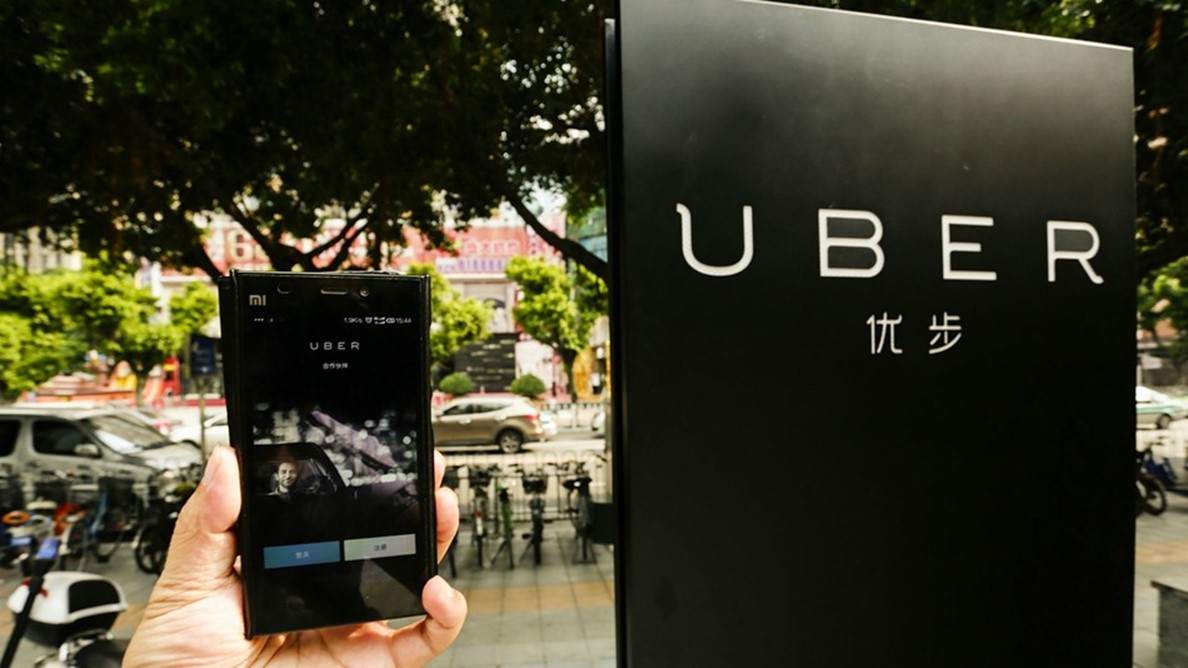Stripping Is Becoming Mainstream
March 9, 2016 in Daily Bulletin

Jane Helpern wrote about how stripper culture is becoming increasingly mainstream:
- Sites like Instagram seem to have a large proportion of young females who wear revealing outfits and high heels.
- The characteristics commonly associated with strippers – being trashy and sexy is increasingly being seen as “cool”.
- This is helped in part by mainstream celebrities like Lady Gaga – who was a stripper before she found fame.
- Pole dancing has also become an athletic sport that is pushing for Olympic recognition. Its practitioners take pains to clarify that they’re athletes not strippers.
The full article talks in particular about how strippers feel about these changes, and why they wish that they were better embraced by society at large. Read the article here.
Source: Vice









Join the Discussion! (No Signup Required)